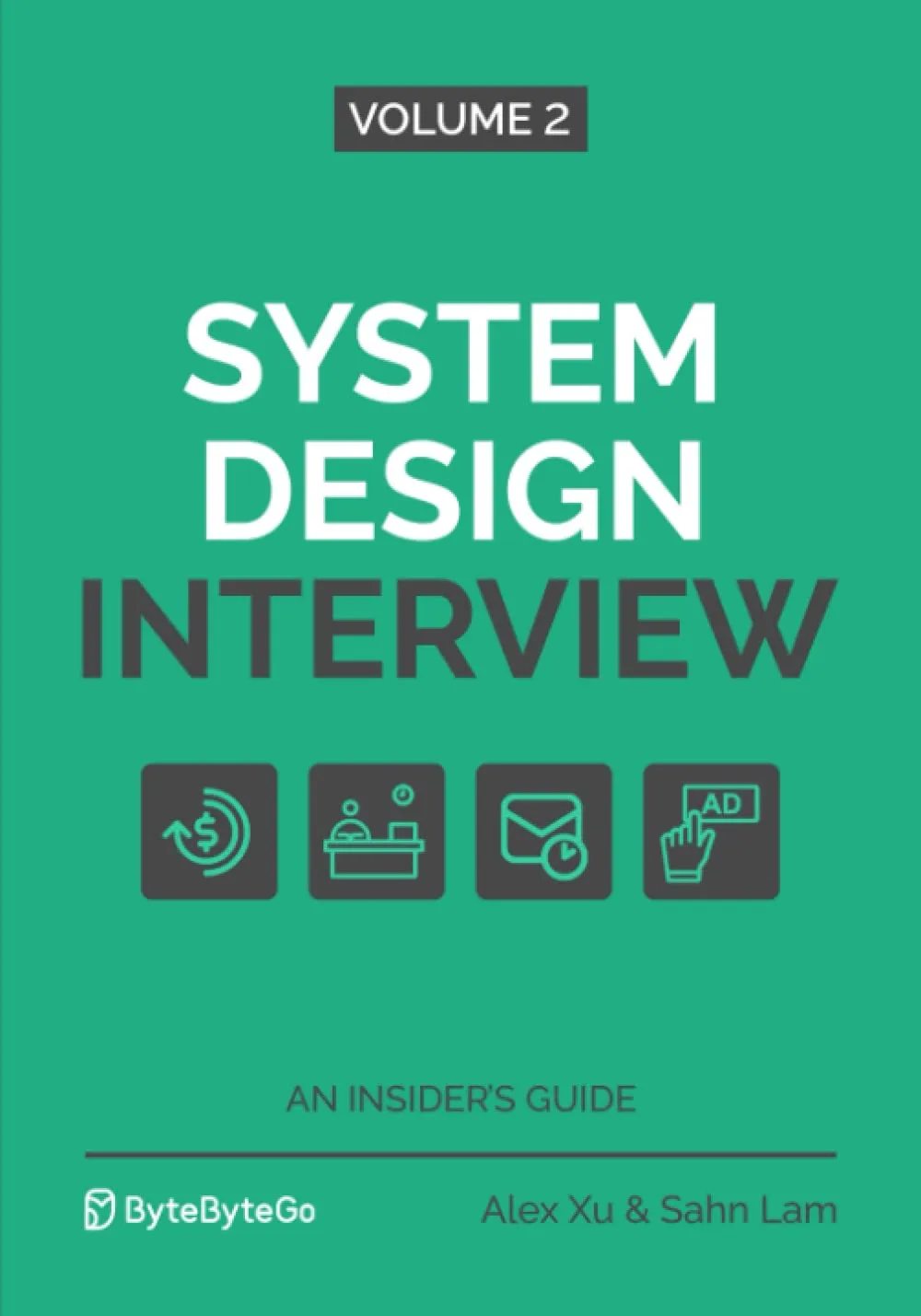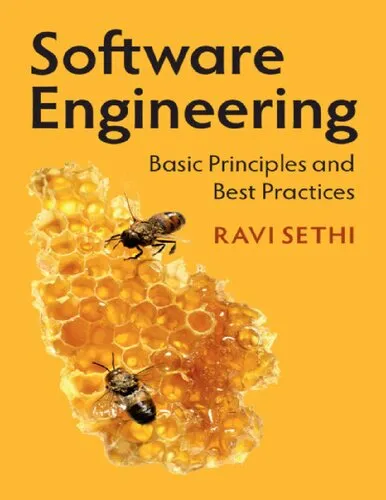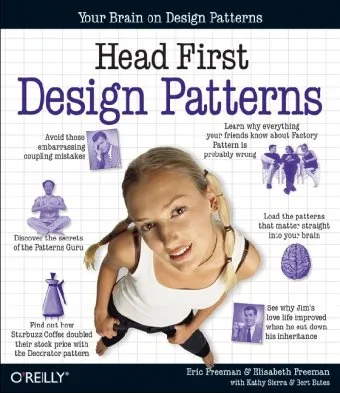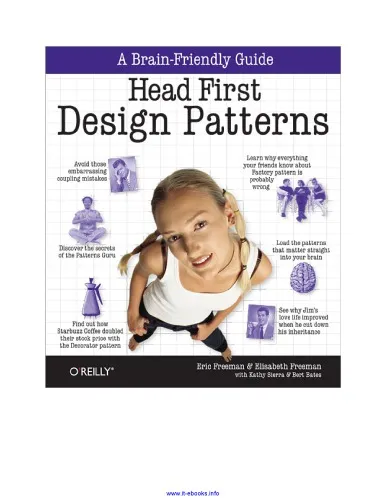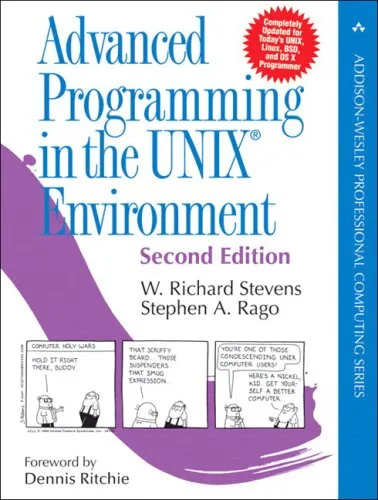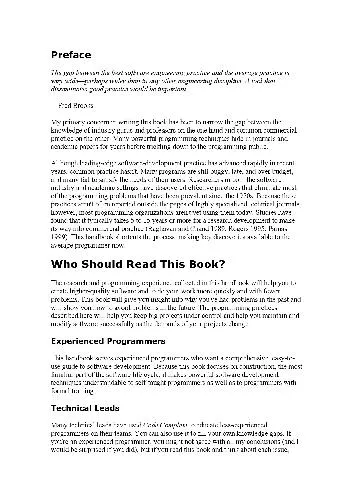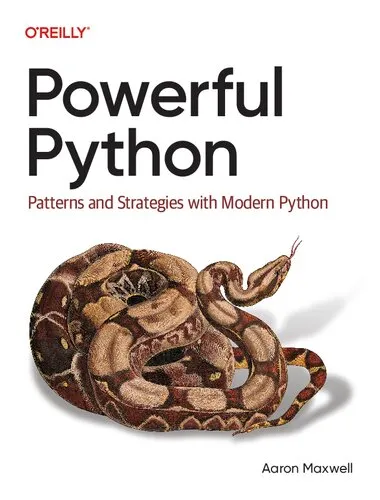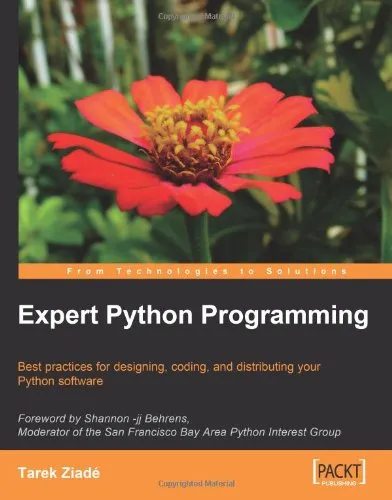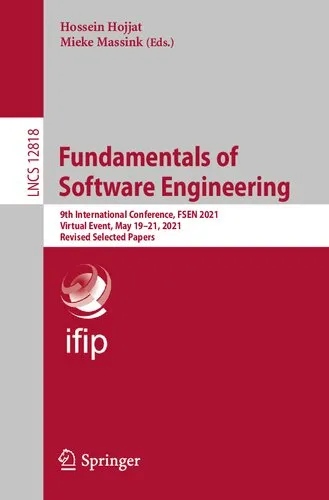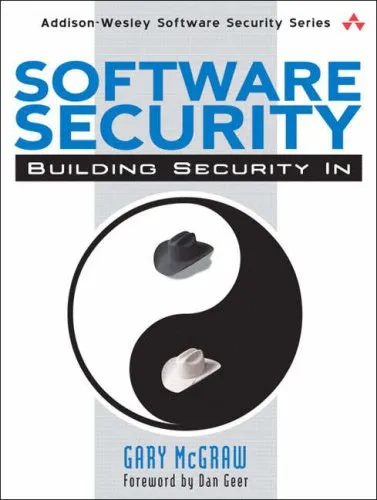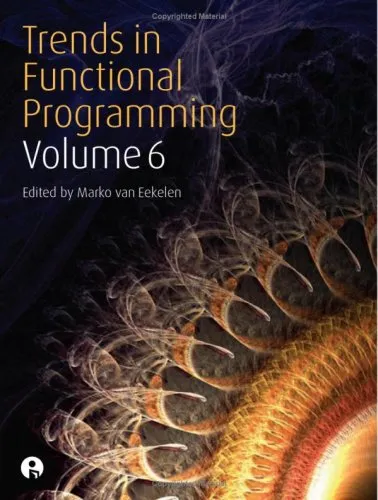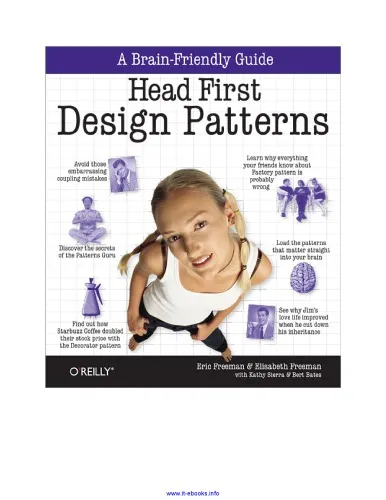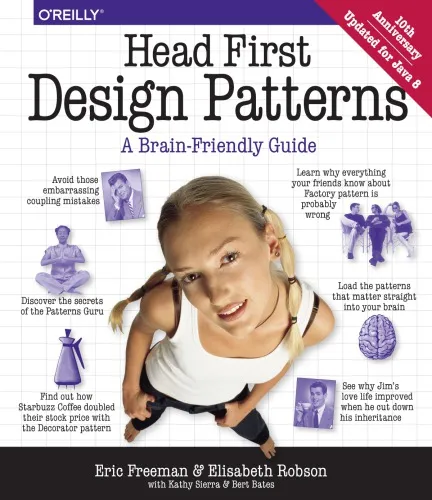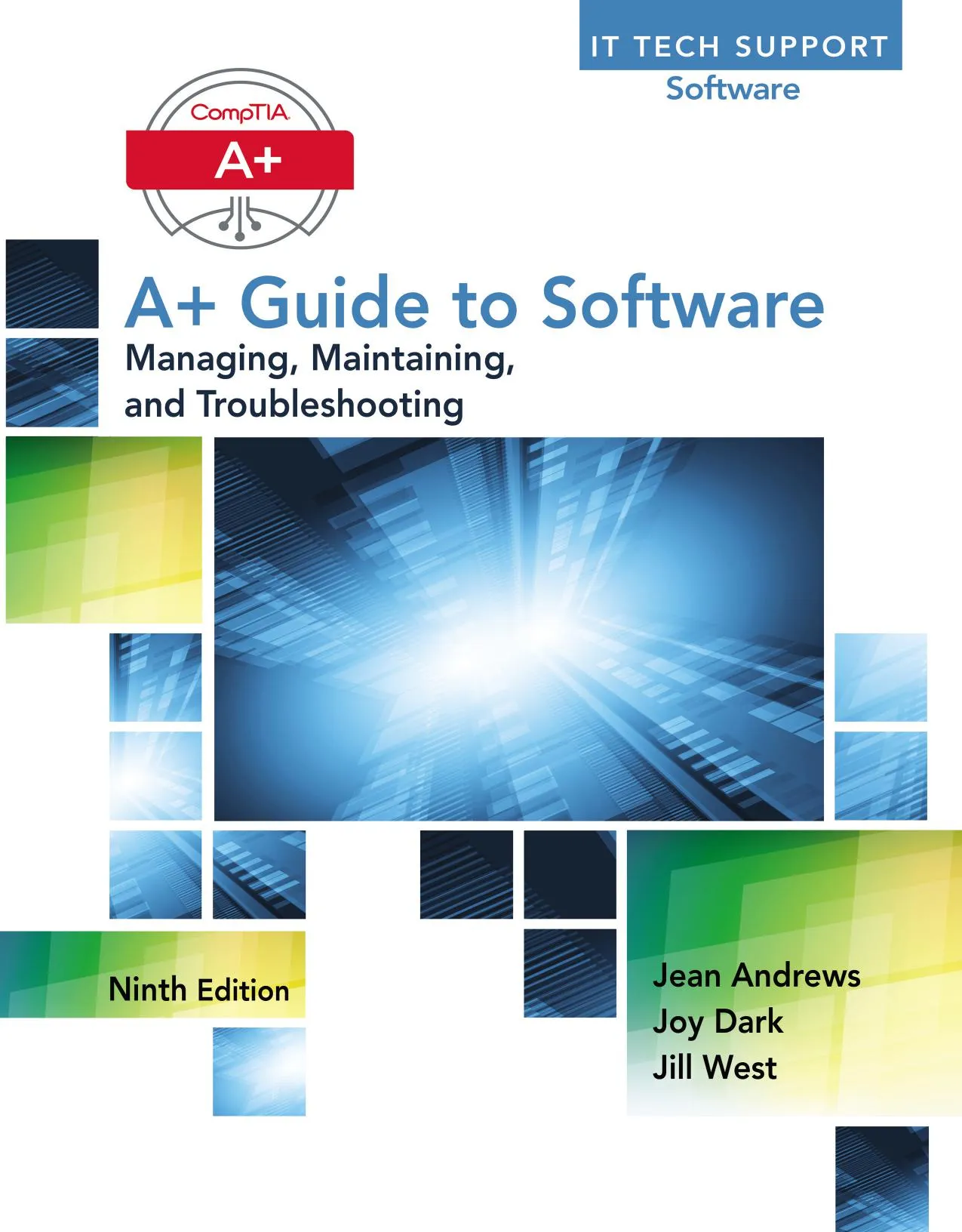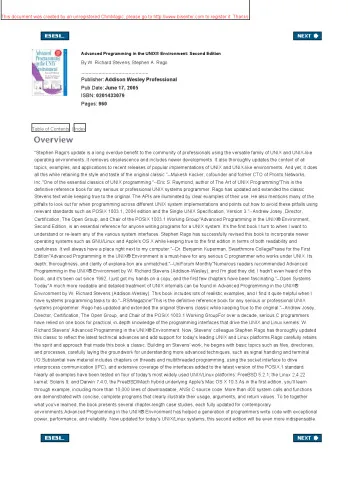IEEE Transactions on Software Engineering
4.6
Reviews from our users

You Can Ask your questions from this book's AI after Login
Each download or ask from book AI costs 2 points. To earn more free points, please visit the Points Guide Page and complete some valuable actions.Related Refrences:
Analytical Summary
The work titled IEEE Transactions on Software Engineeringpp.1253—1256 stands as a concise yet impactful contribution to the scholarly dialogue on software engineering methodologies and outcomes. Spanning only a few pages, it distills rigorous research findings into an accessible format for readers who value both brevity and depth.
As part of the prestigious IEEE Transactions on Software Engineering journal, this segment engages directly with empirical software studies and offers analytical insights without redundant exposition. While the exact publication year is information unavailable due to the absence of a reliable public source for that specific page range, the relevance of its content remains timeless for those involved in developing, testing, and maintaining complex software systems.
The analytical core of IEEE Transactions on Software Engineeringpp.1253—1256 addresses critical aspects of empirical validation, case study design, and lessons learned from the implementation of large-scale software engineering projects. The synthesis of qualitative and quantitative perspectives allows the reader to bridge the often challenging gap between theoretical frameworks and their practical application in industry.
By focusing narrowly yet deeply, the paper ensures that readers are not overwhelmed yet still challenged to consider methodological rigor. For academics, its compression of data and discussion presents an efficient case for how scholarly communication can be precise without sacrificing intellectual richness.
Key Takeaways
At the heart of this work are several pivotal findings and reflections that advance understanding in software engineering research.
First, meticulous experiment design and transparent reporting are essential. This reinforces a culture of reproducibility and trust within the field.
Second, the fusion of empirical software studies with practicable engineering techniques can raise the quality and efficiency of software products, especially in rapidly evolving technological landscapes.
Third, integrating stakeholder perspectives early in the development life cycle transforms the way requirements are gathered and verified, reducing costly revisions.
Finally, the work underscores the enduring value of cross-disciplinary learning—inviting computer scientists, project managers, and human-computer interaction specialists into a shared problem-solving space.
Memorable Quotes
“Precision in reporting breeds precision in replication—a tenet every software engineer should uphold.” Unknown
“Empirical evidence is the bridge between speculative theory and sustained engineering practice.” Unknown
“In software engineering, integrating human insight is as vital as technical prowess.” Unknown
Why This Book Matters
The significance of IEEE Transactions on Software Engineeringpp.1253—1256 lies in its dual appeal: it speaks to those in academia seeking robust methodologies, and to practicing engineers who require actionable guidance grounded in evidence.
In an age where the volume of available technical literature can overwhelm, its concise format ensures that every paragraph is purposeful. This economy of words, combined with scholarly rigor, makes it a model for how technical communication should be conducted.
Moreover, by embedding software engineering research within real-world contexts, it helps readers to anticipate challenges, make informed decisions, and execute projects with greater discipline and foresight.
Inspiring Conclusion
For scholars, developers, and industry professionals, IEEE Transactions on Software Engineeringpp.1253—1256 is more than a brief article—it is a prompt toward deeper engagement with the principles that underpin successful software engineering.
Its commitment to clarity, empirical grounding, and methodological integrity offers a beacon for those navigating the ever-changing seas of technological development. This is a call to not just read, but to share insights, spark discussions, and apply the learnings within your own projects and institutional frameworks.
By exploring works like IEEE Transactions on Software Engineeringpp.1253—1256, you invest in the kind of informed practice that elevates both your personal expertise and the collective advancement of the field. Take the next step: read it, reflect on it, and contribute your voice to the ongoing conversation in software engineering research.
Free Direct Download
You Can Download this book after Login
Accessing books through legal platforms and public libraries not only supports the rights of authors and publishers but also contributes to the sustainability of reading culture. Before downloading, please take a moment to consider these options.
Find this book on other platforms:
WorldCat helps you find books in libraries worldwide.
See ratings, reviews, and discussions on Goodreads.
Find and buy rare or used books on AbeBooks.
1592
بازدید4.6
امتیاز0
نظر98%
رضایتReviews:
4.6
Based on 0 users review
Questions & Answers
Ask questions about this book or help others by answering
No questions yet. Be the first to ask!

